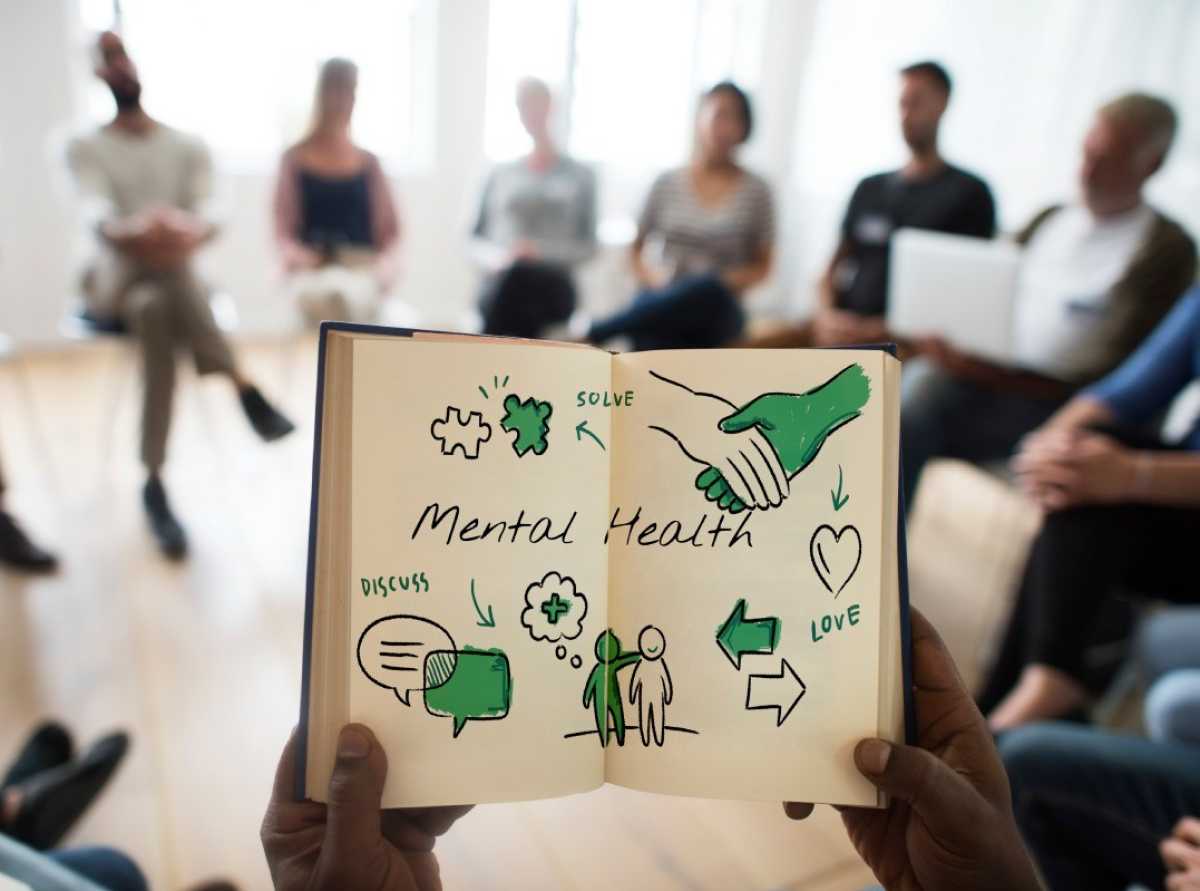Breaking Stigmas About Mental Health: Shaping A Stigma-free Society
- - Category: Psychology
- - 30 Nov, 2023
- - Views: 185
- Save

Stigmas not only perpetuate myths but also hinder individuals from seeking the help they need.
In a world that is increasingly recognizing the importance of mental health, breaking the stigmas surrounding it is a crucial step toward creating a more compassionate and understanding society. Stigmas not only perpetuate myths but also hinder individuals from seeking the help they need. In this blog, we will explore common stigmas associated with mental health and provide examples to challenge these misconceptions.
Common Myths about Mental Health:
1. Myth: Mental Health Issues Are a Sign of Weakness
Reality: Mental health is as important as physical health, and struggling does not equate to weakness.
Many successful individuals openly discuss their mental health journeys, emphasizing that seeking help is a strength, not a weakness.
2. Myth: Mental Illness Is Rare
Reality: Mental health issues are prevalent and can affect anyone, regardless of age, gender, or background.
Celebrities like Demi Lovato and Prince Harry have spoken about their mental health struggles, demonstrating that it can impact anyone.
3. Myth: People with Mental Health Issues Are Violent
Reality: Individuals with mental health challenges are more likely to be victims than perpetrators of violence.
Statistics consistently show that most people with mental health issues are not prone to violence, debunking this harmful stereotype.
4. Myth: Therapy Is Only for “Crazy” People
Reality: Therapy is a valuable resource for anyone seeking support, personal growth, or coping strategies.
High-profile figures like Oprah Winfrey openly advocate for the benefits of therapy, helping to normalize seeking professional help.
5. Myth: You Can “Snap Out Of It”
Reality: Mental health challenges often require professional intervention, and the notion of “snapping out of it” oversimplifies complex issues.
Sharing personal stories of resilience and recovery helps dispel the myth that overcoming mental health challenges is merely a matter of willpower.
6. Myth: Children Can’t Have Mental Health Issues
Reality: Mental health can affect individuals of all ages, including children.
Discussing child mental health advocates like Mariel Hemingway emphasizes the importance of early intervention and support.
Breaking stigmas surrounding mental health requires collective effort and understanding. By challenging these myths and sharing examples of resilience, we contribute to fostering a society where individuals feel empowered to seek help without fear of judgment. Let us continue to promote open conversations, empathy, and education to create a stigma-free environment for everyone.
Tips to break mental health myths and barriers:
Education: Share accurate information about mental health to dispel myths. Knowledge is a powerful tool in breaking down barriers.
Open Conversations: Encourage open discussions about mental health to create a supportive environment. Normalizing these conversations reduces stigma.
Personal Stories: Share personal experiences or stories of individuals who have overcome mental health challenges. This humanizes the issue and helps others relate.
Language Matters: Be mindful of the language used. Avoid stigmatizing words and phrases, and opt for more inclusive and understanding language.
Media Literacy: Help others develop critical thinking skills regarding mental health portrayal in media. Media can perpetuate stereotypes, contributing to misinformation.
Professional Guidance: Emphasize the importance of seeking professional help. Highlight that mental health conditions are treatable, and therapy can be a positive and effective resource.
Cultural Sensitivity: Recognize and respect diverse cultural perspectives on mental health. Understanding cultural nuances is crucial in breaking down barriers.
Promote Self-Care: Encourage self-care practices and emphasize that mental health is an integral part of overall well-being. Small lifestyle changes can make a significant impact.
Challenge Assumptions: Address misconceptions head-on. Provide evidence-based information to challenge preconceived notions about mental health.
Community Support: Foster a sense of community and support. Knowing that one is not alone in their struggles can reduce isolation and encourage seeking help.
In Conclusion:
In conclusion, dismantling stigmas surrounding mental health is pivotal for fostering a compassionate and understanding society. By dispelling common myths, sharing personal stories of resilience, and promoting open conversations, we contribute to creating an environment where individuals feel empowered to seek help without judgment. Education, language mindfulness, and cultural sensitivity are key components of this ongoing effort. As we collectively challenge assumptions, encourage professional guidance, and build a supportive community, we pave the way for a stigma-free society where mental health is acknowledged as an integral aspect of overall well-being.
– Urveez Kakalia.

